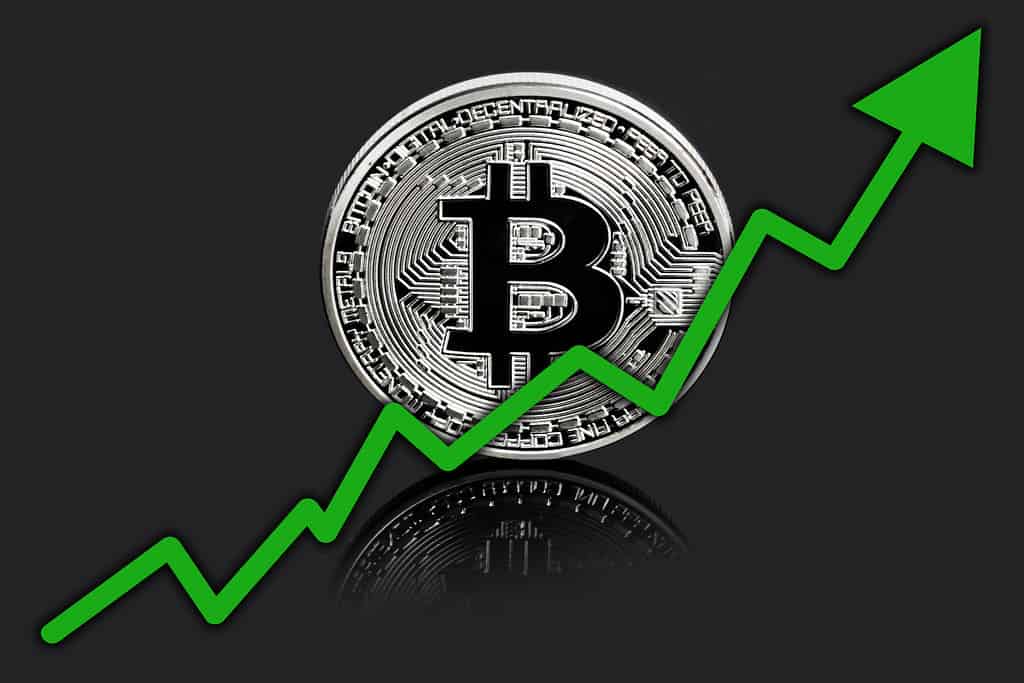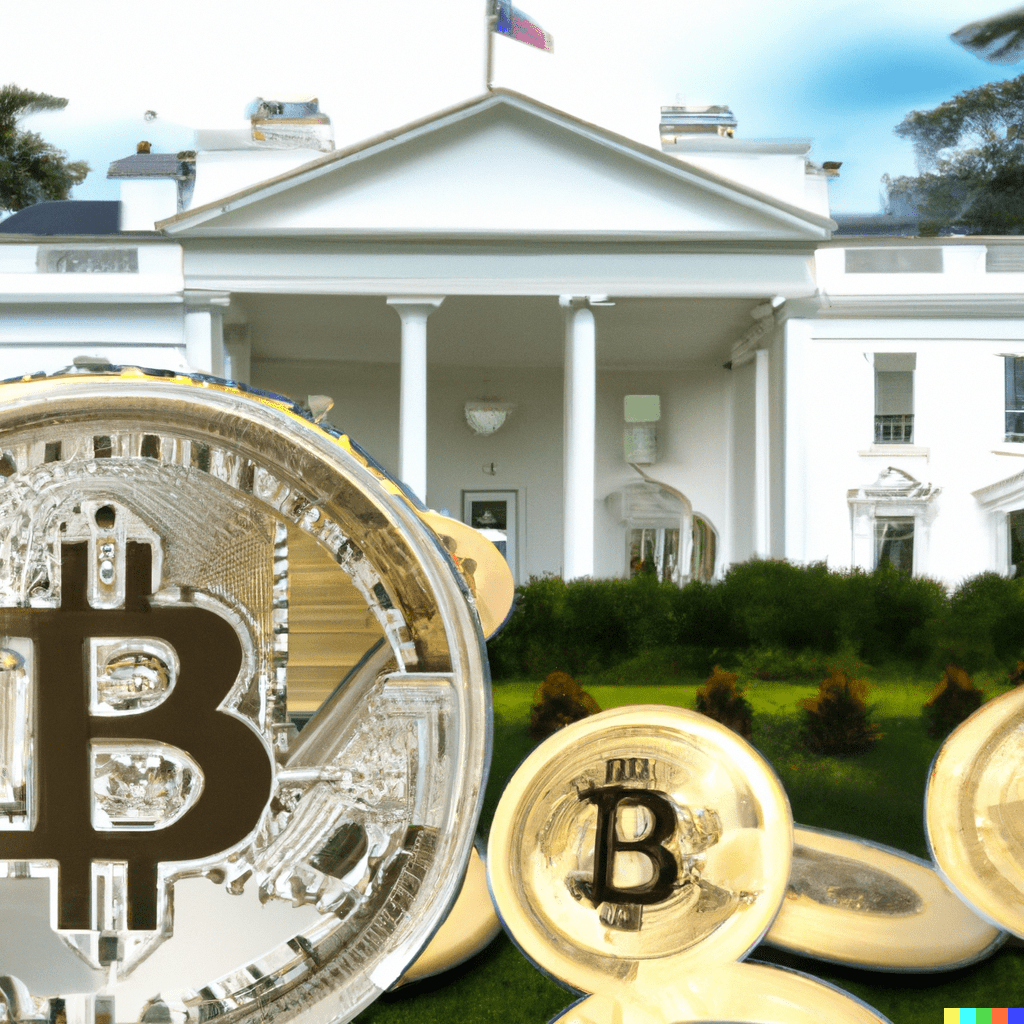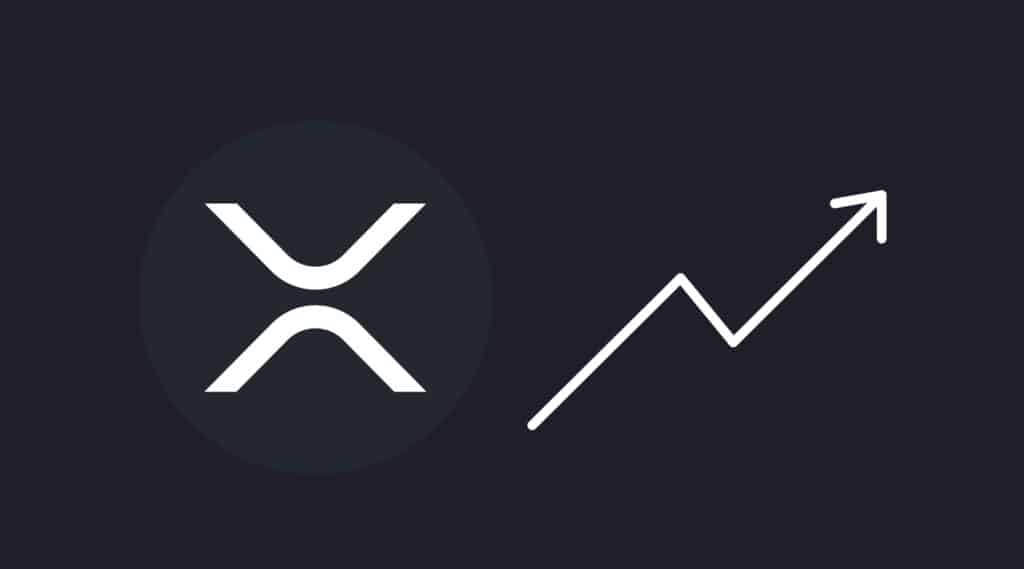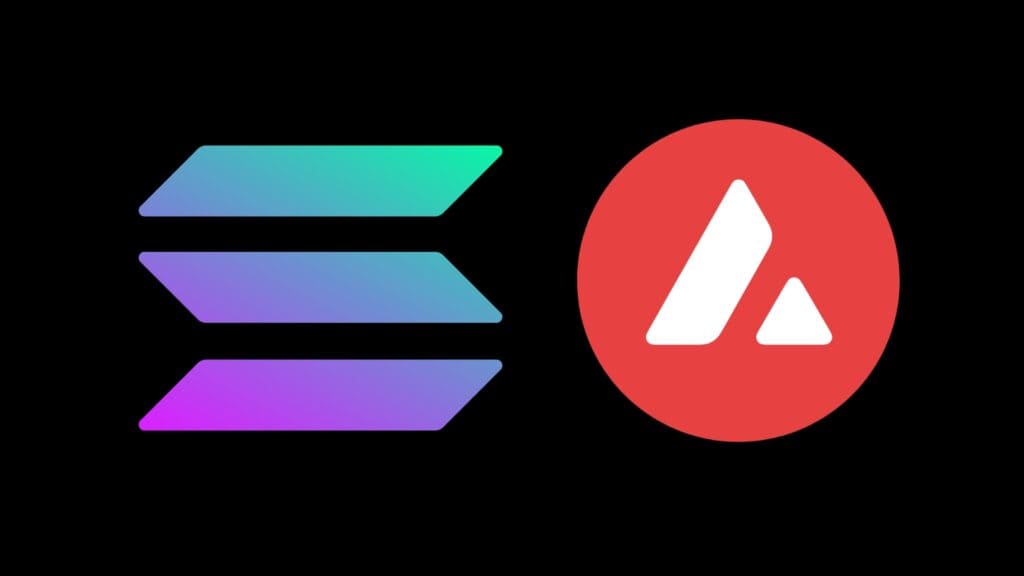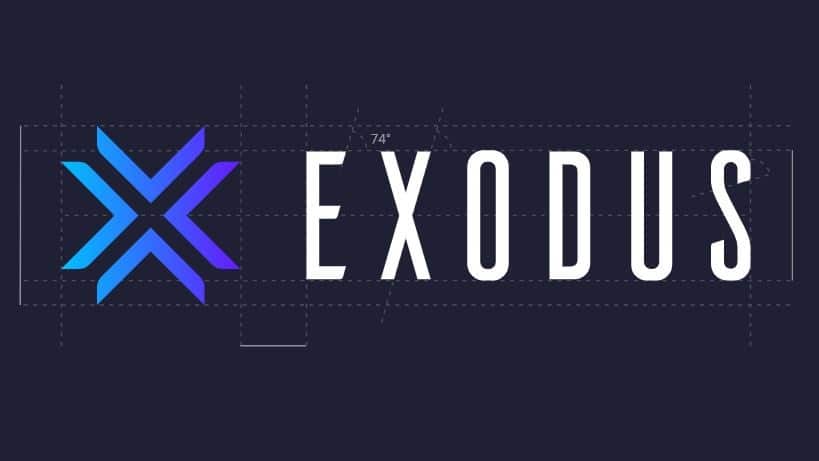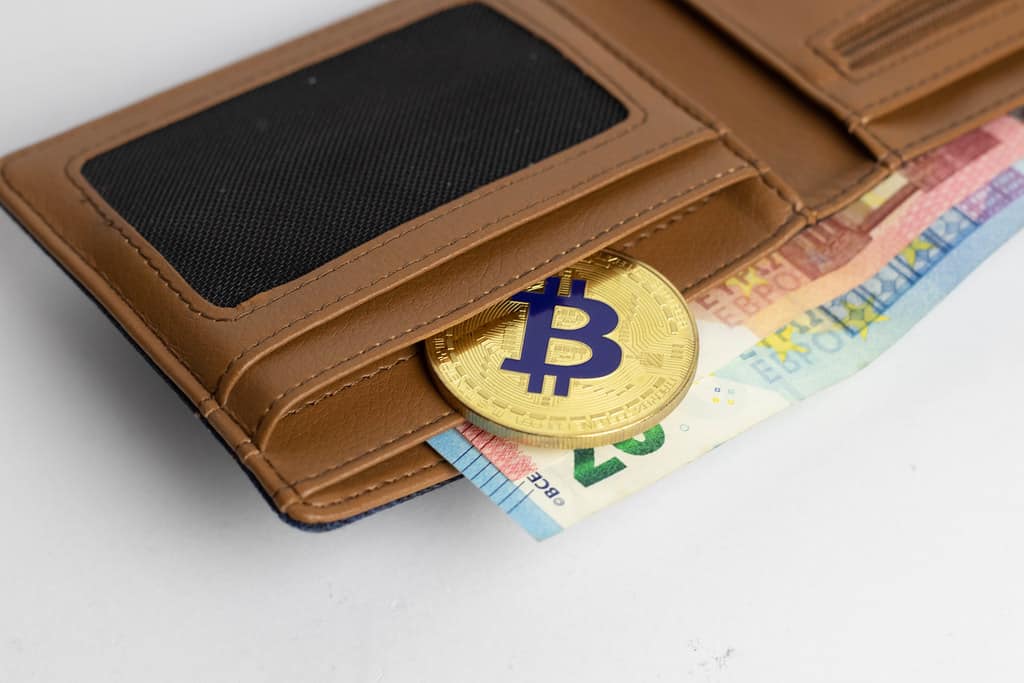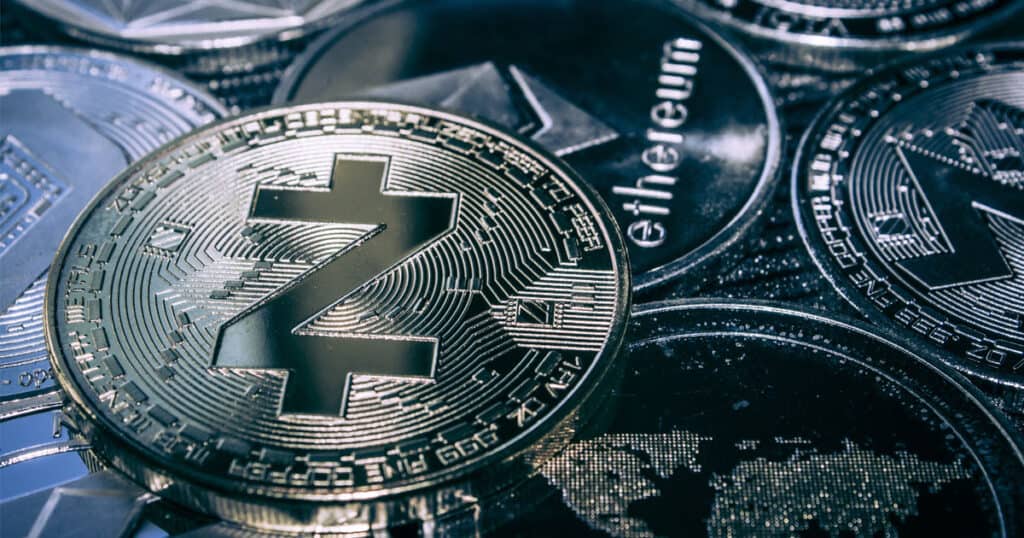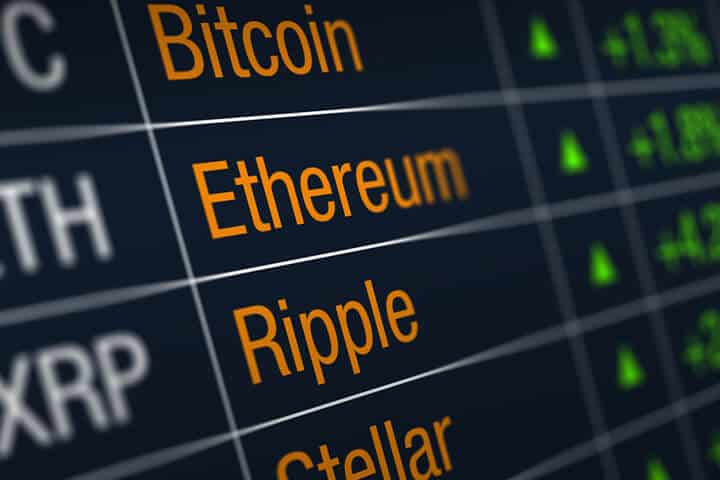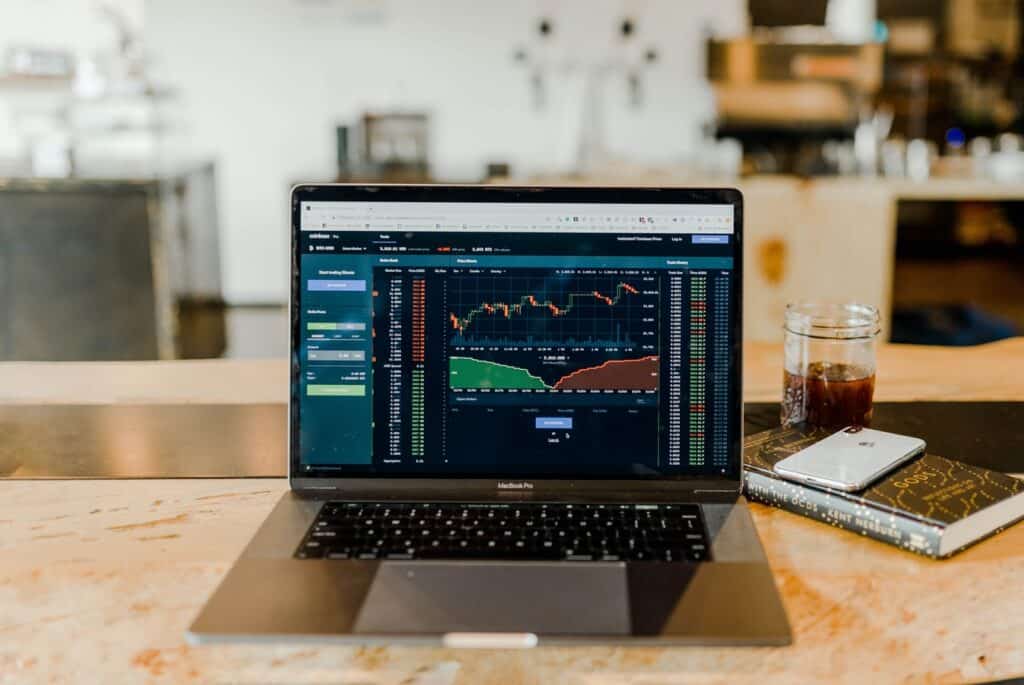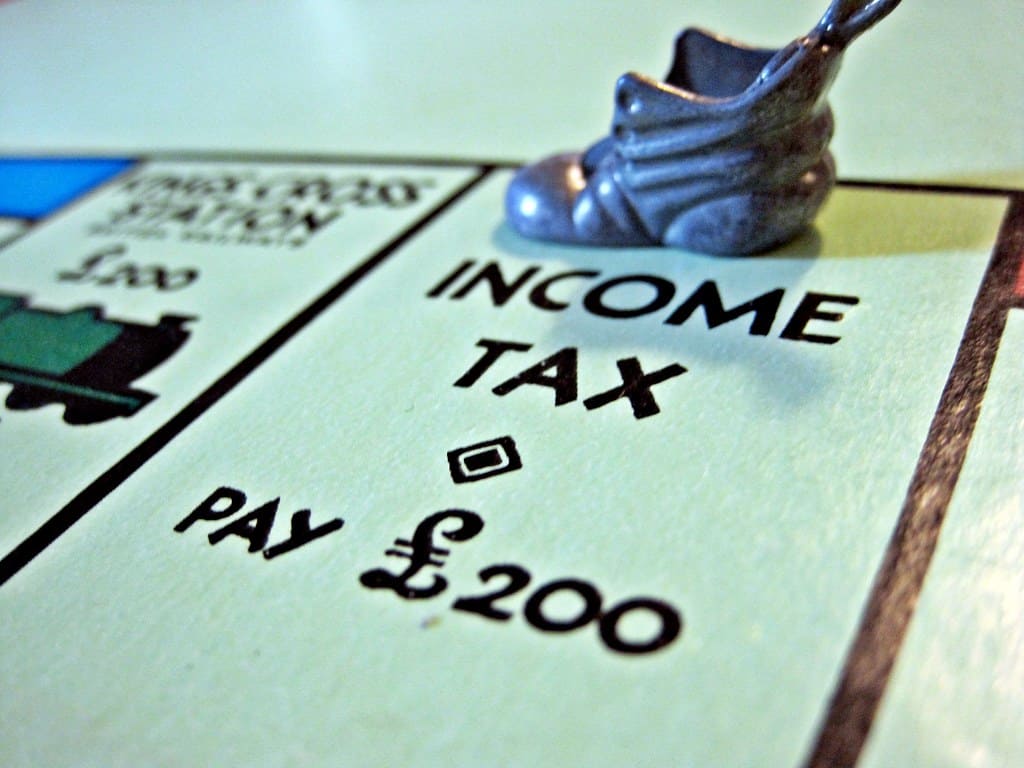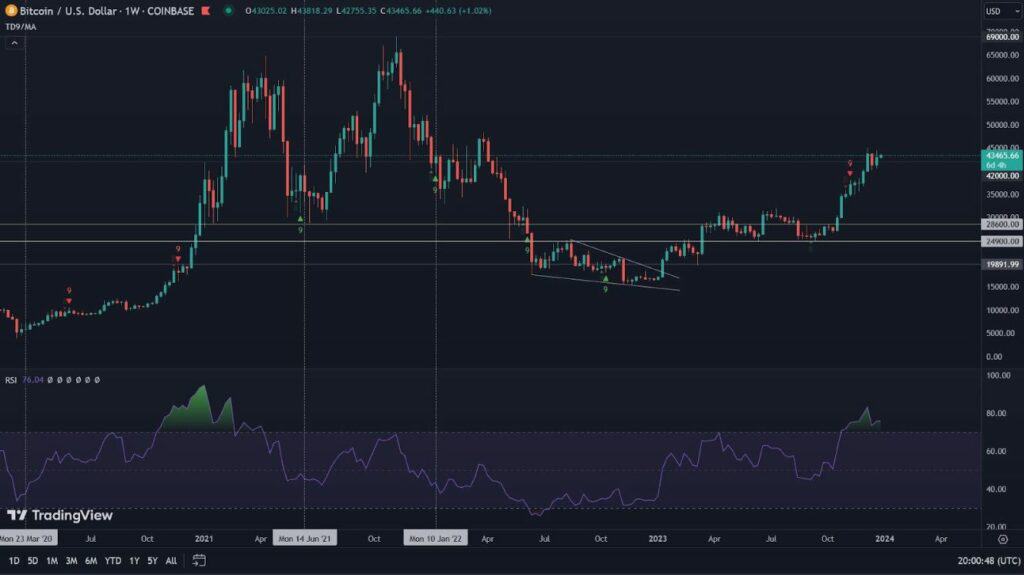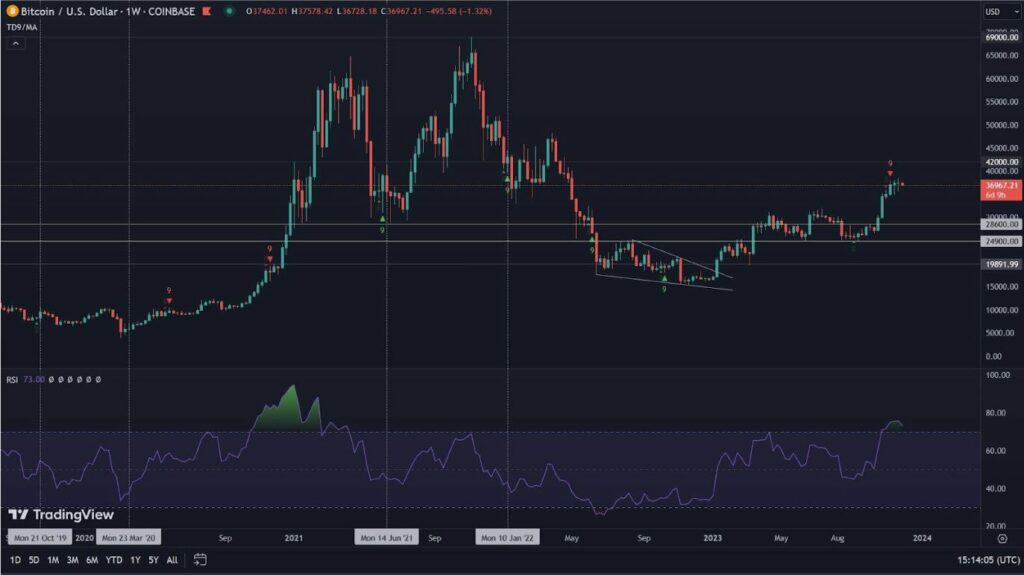Ripple, observing the SEC’s weakening position, is going on the counteroffensive. The company’s attorneys have filed an opposition to the SEC’s motion for summary judgment.
Ripple on the offensive
The anticipation of the verdict in the case pending between the SEC and Ripple, is igniting public opinion. The closer we get to its final announcement, the hotter the situation in the courtroom. Thus, the blockchain company’s legal representatives have decided to file an objection to the Commission’s motion for summary judgment. This is due to Ripple’s alleged distrust and suspicion that the SEC, through an incomplete judgment, plans to launch its actions in an area where it does not have jurisdiction.
This, however, is not all that Ripple representatives note. Analyzing the course of the hearings so far, their content, as well as the difficulty in obtaining answers to key issues, they noted that the SEC is unable to establish a legal theory to support its claims.
“The theories the SEC advances are insufficient to prove its case and are internally inconsistent from element to element of the Howey test,” Ripple says in a statement.
Howey test inapplicable to XRP
So far, the heaviest cannon the U.S. Securities and Exchange Commission has been able to bring against Ripple has been the Howey test. This methodology has been questioned by many legal scholars as a serious tool for assessing whether an asset is a security or not. This was mainly due to the age of this tool and its shortcomings in relation to innovative solutions such as blockchain. Nevertheless, Ripple’s lawyers decided to take the SEC’s line of attack seriously and respond to it. As the objection reads:
“Even taking its arguments at face value, the SEC still fails to carry its burden to show that any element of the Howey test is met, let alone show that no reasonable jury could agree.”
SEC devoid of argument?
Ripple’s opposition to the SEC’s motion for summary judgment came moments after former commissioner Joseph Grundfest presented the agency’s arguments with regard to the aforementioned test. Thus, it seems that Ripple’s representatives have successfully wrested these arguments out of the Commission’s hands.
There remains the issue of “investment money.” The SEC has so far failed to establish that the payment to acquire XRP constitutes such, despite initially having such a goal.
Pending further information, XRP is consolidating in the $0.44-0.45 range at the time of this writing.



